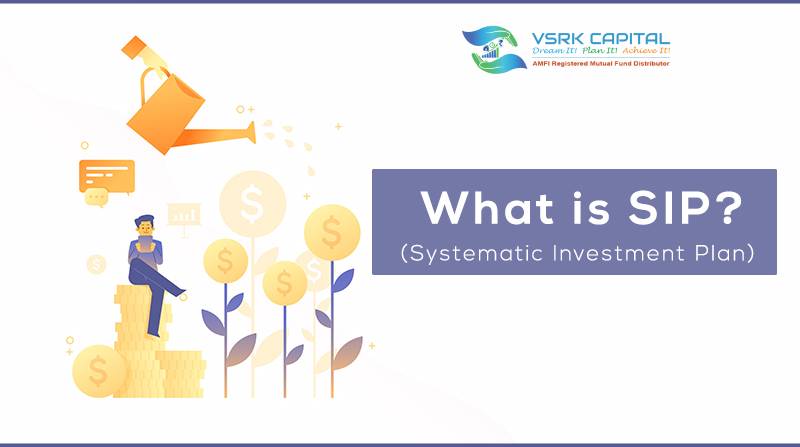The 2025 floods in the majority of states of India were a disaster but the most affected state amongst all is Punjab which left many people with nothing. It’s a story about heavy losses but also about how people stuck by floods bounced back and what they learned about money along the way. Floods couldn’t be controlled, but better money management could have made things a lot easier for many of the folks trying to rebuild their lives.
When Nature Strikes: The Devastating Punjab Floods of 2025
In August 2025, Punjab got hammered by crazy monsoon rains, causing the worst flooding in ages. The Ravi, Beas, and Sutlej rivers overflowed, swamping over 1,400 villages and almost 400,000 acres of farmland. It was a total disaster, with more than 51 people dying and over three lakh residents being forced out of their homes. Homes, crops, cattles and years of progress in the countryside life were just gone in one go. The government released emergency funds for the betterment of lives and land that were lost, but it’s going to take a lot more than just relief funds to rebuild everything from scratch.
Families in Distress: The Long Road to Recovery
For Punjab’s farming families, whose entire livelihood rests on one or two harvests, the floods stripped away years of work overnight. Rebuilding destroyed homes, clearing debris, and trying to prepare the land again to sow new crops became some of the initial uphill battles. Most families in these areas lacked the financial security to recover quickly – they had little to no savings, and whatever little they owned was often swept away by the constantly rising waters.
The Financial Gap: Absence of Emergency Planning
The floods in Punjab have been really hard on families dependent on farming and related practices. Their lives depended on getting a good harvest once or twice a year, and the floods just wiped out years of work in a single blow. Now they’re facing a tough situation trying to rebuild their homes, clean up all the mess, and plant new crops. Most families don’t have the backup money to bounce back fast because they didn’t have much saved up, and the floods took whatever little they did own.
A Smarter Way to Prepare: The Power of SIPs and Mutual Funds
If these families had put small amounts of money into things like SIPs or mutual funds on a regular basis, getting back on their feet after the disaster could have been easier. SIPs such as liquid funds and debt funds let you get to your money quickly if you have any emergency. They assist you to build a good safety net, and you can easily begin with small amounts – even if you don’t make the same amount of money every month. But If you invest in a disciplined way over time, you can easily create a big cushion that makes sure you have access to your own money along with the financial stability when sudden bad things happen.
Take Charge Today: Build Your Future with VSRK Capital
The floods of Punjab show us clearly that disasters can happen anytime with no pre-initimation, but smart choices to live life can soften the impact. VSRK Capital makes it easy to start SIPs or mutual funds, with guidance that fits what you need. Now’s the time to protect your future, so hope isn’t lost when the next flood or any other natural calamity hits. Take control in your hands , invest in it regularly, and let your money be your safety net, helping you and your family recover stronger, no matter what so ever happens.





